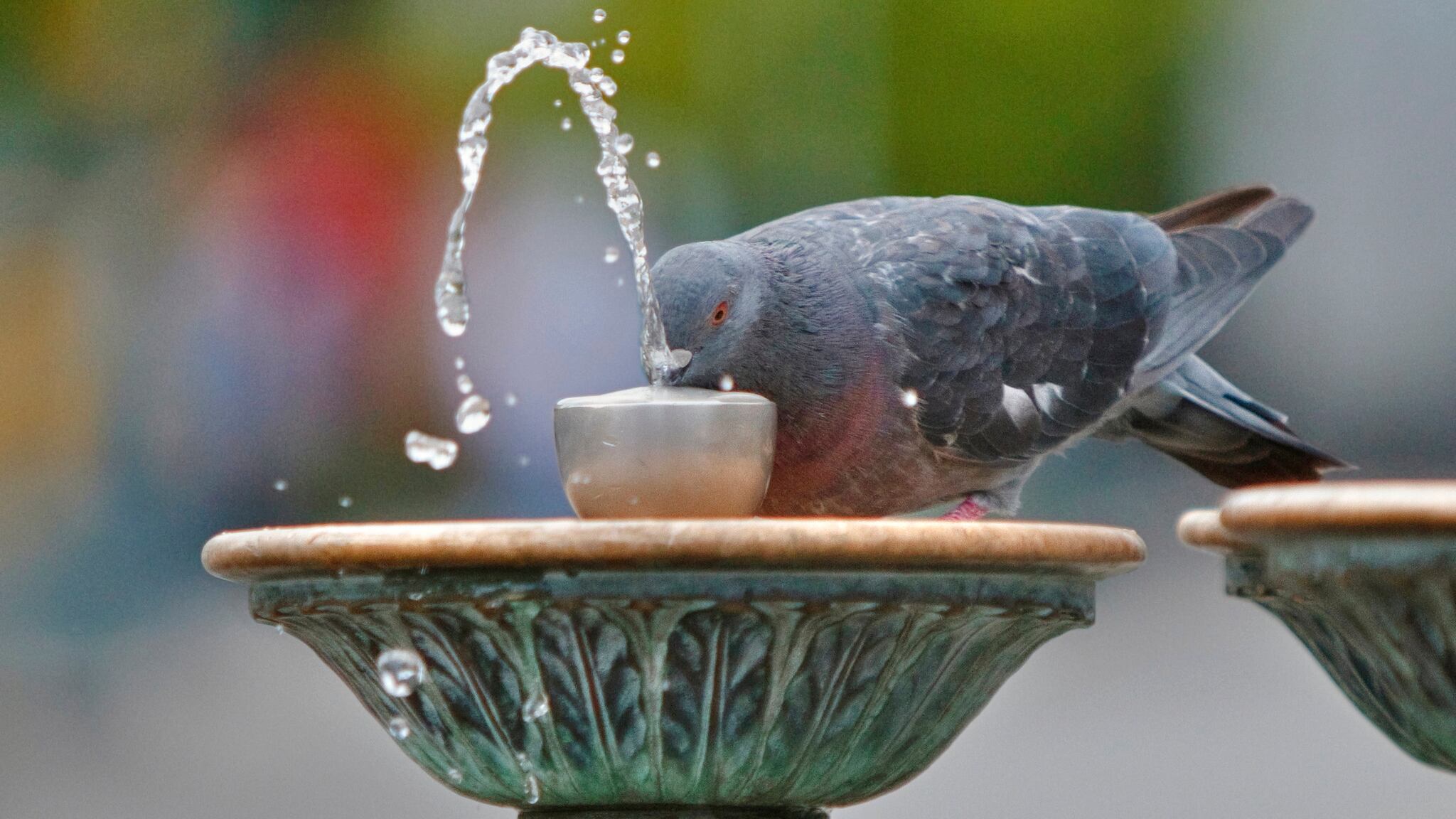One of Portland's iconic bubbling drinking fountains has gone missing from downtown.
Today, the Portland Water Bureau put out a call to the public for information about a historic water fountain that disappeared from Southwest Taylor Street, between 11th and 12th avenues. The fountain was discovered missing during a routine maintenance check yesterday morning.
The bureau isn't sure why, when or how the 50-plus pound fixture was removed from a city sidewalk.
"It's possible that the bubbler was hit by car and dislodged," says spokesperson Felicia Heaton. "They're heavy, but not so heavy that they can't be dragged off."
A similar incident occurred two years ago, when a bubbler disappeared on Southeast Foster Road. In that case, the Water Bureau used security footage from neighboring businesses to confirm the drinking fountain was indeed knocked over by a car. But it was never determined who removed the fountain, which remains missing to this day.
The Foster Road fountain was replaced by a backup bubbler the bureau had in storage. This time, though, there isn't a backup to replace the Taylor Street fixture.
Though technically not a Benson Bubbler—the iconic 100-year-old, four-bowl fountains that dot the city—the two missing single-bowl bubblers were made from specialty molds designed for the city of Portland, and are each several decades old.
"We don't know if these are the kind of things we'll be able to replace in the future," says Heaton.
Currently, the bureau's security team is working with nearby business owners to determine what happened to the bubbler, and are asking the public to share any tips. Heaton says it's entirely possible the fountain was dislodged by accident and taken into safekeeping by a good Samaritan who has yet to come forward.
If the bubbler was stolen, Heaton says that pursuing criminal charges and involving the Portland Police Bureau is "something we'd figure out a little later, depending on the circumstances."
The Benson Bubblers were briefly shut off at the beginning of the pandemic, but were switched back on after it was determined they didn't pose a significant public health risk, and because they provide continuous, clean water for Portlanders who live outdoors.
